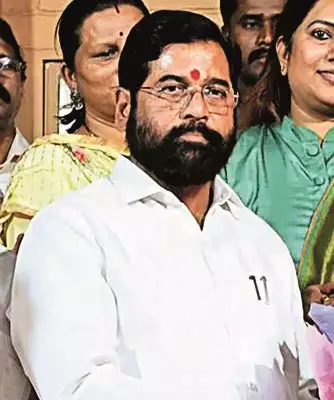
In a verdict that has captured national attention, an Andhra Pradesh court has delivered the ultimate punishment - death penalty - to five individuals convicted in the high-profile murder case of Chittoor Mayor's husband. The judgment marks a significant moment in India's judicial landscape, bringing closure to a case that had sent shockwaves through political and social circles.
The Brutal Crime That Shook Andhra Pradesh
The case revolves around the cold-blooded murder that exposed deep-seated political rivalries and criminal conspiracies. The victim, husband of Chittoor's Mayor, was targeted in a meticulously planned attack that highlighted the dangerous intersection of politics and crime in the region.
Court's Strong Message Through Judgment
The court's decision to award capital punishment to all five accused sends a powerful message about the seriousness of politically motivated crimes. During the proceedings, the prosecution successfully established the conspiracy behind the murder, presenting compelling evidence that left no room for doubt about the accused's involvement.
Legal Proceedings and Evidence
Throughout the trial, the court examined numerous witnesses and forensic evidence that painted a clear picture of the crime. The prosecution's case was built on:
- Digital evidence including call records
- Forensic analysis of crime scene
- Eyewitness testimonies
- Technical and scientific evidence
Political Repercussions and Public Response
The murder case had significant political implications, given the victim's connection to local governance. The verdict has been widely discussed in political circles, with many seeing it as a testament to the judiciary's independence in dealing with high-profile cases involving political figures.
Local residents and political observers have welcomed the judgment, viewing it as a crucial step toward ensuring that political differences don't escalate into violent crimes. The case had initially raised concerns about the safety of public representatives and their families.
Broader Implications for Judicial System
This judgment reinforces the Indian judiciary's stance on severe crimes, particularly those with political undertones. Legal experts suggest that such decisive actions help maintain public faith in the judicial system and act as a deterrent against politically motivated violence.
The case also highlights the effectiveness of modern investigative techniques in solving complex crimes, combining traditional detective work with digital forensics to build an airtight case.






